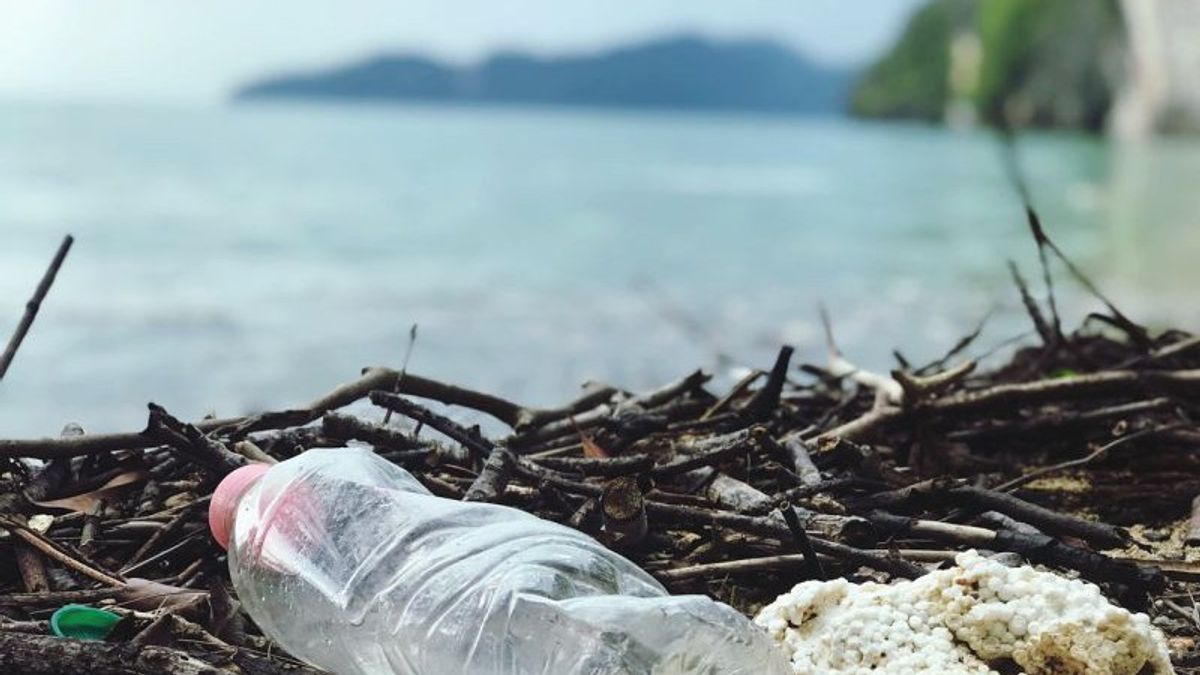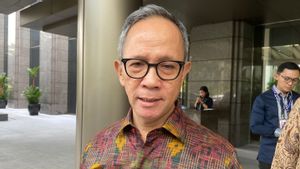JAKARTA - Minister of Maritime Affairs and Fisheries Sakti Wahyu Trenggono emphasized his commitment to maintaining the quality of fishery products, including from microplastic contamination. According to him, his party is now continuing to seek a number of important steps from upstream to downstream.
"The quality or guarantee of the quality of fishery products must be carried out from upstream to downstream. Starting from production to consumers, this is important, especially protecting our fish's biological resources so that they remain healthy, quality and free of microplastics," he said in a written statement on Sunday, March 19.
Trenggono explained that all parties must raise awareness about plastic pollution in the sea which has increased significantly in the last two decades.
"We need to keep fish healthy and quality, and another one that is very important and is a global issue, the safety of fishery products from the threat of plastic pollution in the sea which will have a negative impact on marine biota. That was the consumption of microplastics by fish," explained Minister Trenggono.
It is stated that plastic pollution in the sea is a major environmental hazard and can cause various health impacts on marine organisms, including weakness, entanglement, and contaminated.
"This condition must be interpreted by BKIPM to carry out its duties, continue to carry out optimal services in providing quality and safety guarantees for fishery products and improving the tracing system," he said.
Meanwhile, the Head of BKIPM Pamuji Lestari said that the KKP had compiled technical instructions to be able to educate the public about the importance of consuming quality fish while reducing the use of plastic for a healthy sea.
"Healthy sea, clean from waste pollution will produce quality healthy fish," he said.
The Ministry of Maritime Affairs and Fisheries is known to also provide counseling in the form of technical guidance (Bimtek) to business actors regarding export requirements and socialization of the impact of microplastics on food.
The English, Chinese, Japanese, Arabic, and French versions are automatically generated by the AI. So there may still be inaccuracies in translating, please always see Indonesian as our main language. (system supported by DigitalSiber.id)













